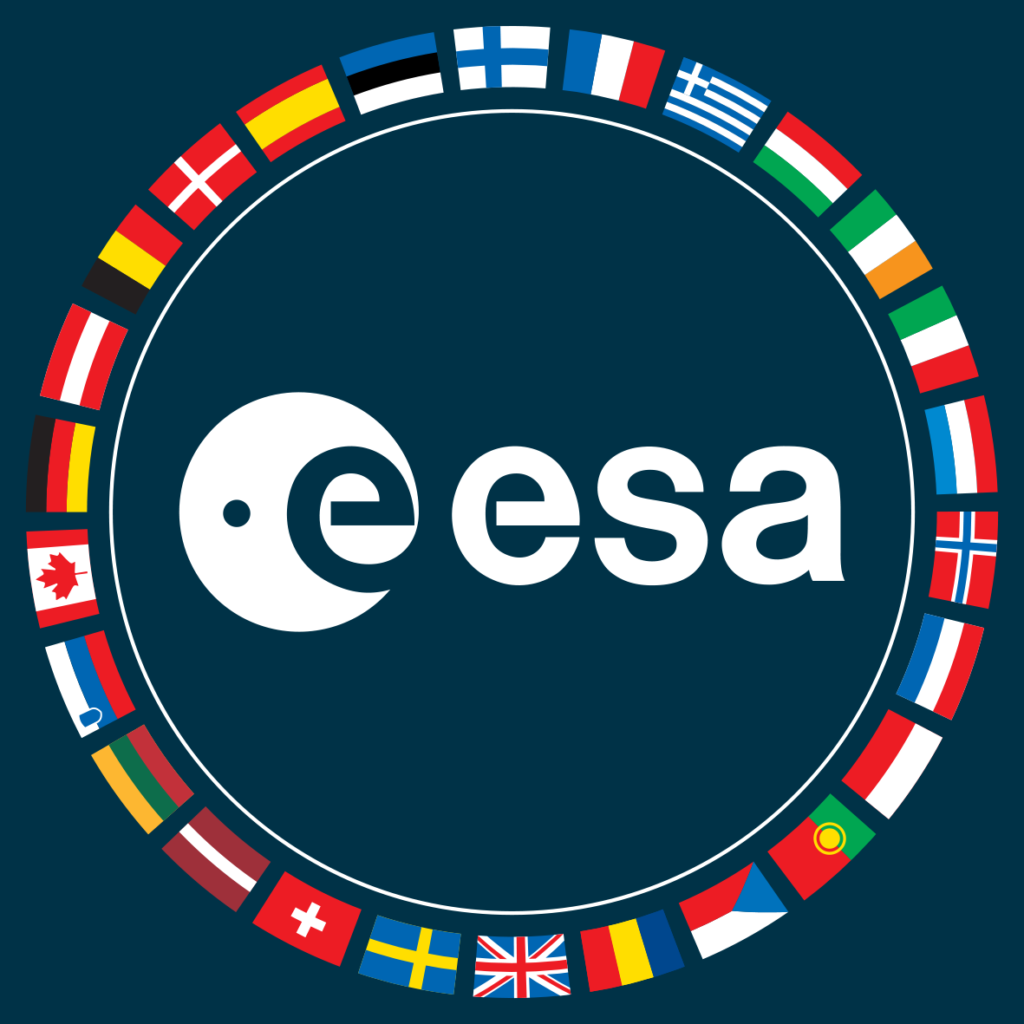This website uses cookies so that we can provide you with the best user experience possible. Cookie information is stored in your browser and performs functions such as recognising you when you return to our website and helping our team to understand which sections of the website you find most interesting and useful.

The European Space Agency (ESA) is Europe’s gateway to space. Its mission is to shape the development of Europe’s space capability and ensure that investment in space continues to deliver benefits to the citizens of Europe and the world.
ESA is an international organisation with 22 Member States. By coordinating the financial and intellectual resources of its members, it can undertake programmes and activities far beyond the scope of any single European country.
What does ESA do?
ESA’s job is to draw up the European space programme and carry it through. ESA’s programmes are designed to find out more about Earth, its immediate space environment, our Solar System and the Universe, as well as to develop satellite-based technologies and services, and to promote European industries. ESA also works closely with space organisations outside Europe.
Who belongs to ESA?
Austria, Belgium, Czech Republic, Denmark, Estonia, Finland, France, Germany, Greece, Hungary, Ireland, Italy, Luxembourg, the Netherlands, Norway, Poland, Portugal, Romania, Spain, Sweden, Switzerland and the United Kingdom. Slovenia is an Associate Member. Canada takes part in some projects under a cooperation agreement.
Bulgaria, Croatia, Cyprus, Malta, Latvia, Lithuania and Slovakia have cooperation agreements with ESA.
The Careers at ESA pages are intended as a guide to all interested on which entry points exist in ESA at all times and at different points in a career. Within these pages, we have compiled the information you might find necessary if you are interested in working with ESA, from student opportunities, through the recruitment procedures and staff profiles. The aim is to better connect with potential future colleagues, in the industry and universities, and to convey the ESA culture.
If you are an experienced professional, your entry options are through the Vacancy Notices posted regularly under Vacancies. There are different types of contracts offered through the Vacancy Notices, both for younger and for more experienced professionals, and the recruitment process is similar for every position. You may subscribe to the career news.
If you are a student, there are student placements available while you are still studying. The Young Graduate Trainee Programme is available for students about to or recently graduated from a master’s programme. For post docs there is the Research Fellowship Programme. Further, there are National Trainee Programmes set up by certain national governments, and the opportunities for PhD students to have part of their work done with ESA through the NPI.
For those who are not a national of one of the ESA Member States or the Cooperating States, the opportunities to work directly with ESA are in the European space industry. The Business with ESA industry portal explains how companies can work with ESA, and there is an extensive list of small and medium enterprises which do business with ESA.
For the students too young to apply to ESA through the established recruitment programmes, there is the ESA Academy page for students, ESA Education for teachers, and the ESA Kids portal for the very youngest.
We invite you to browse through the pages found on this site and to consult our Frequently Asked Questions section if you have any further questions about working with ESA.
Company Statistics
Date Established
Headquarters
